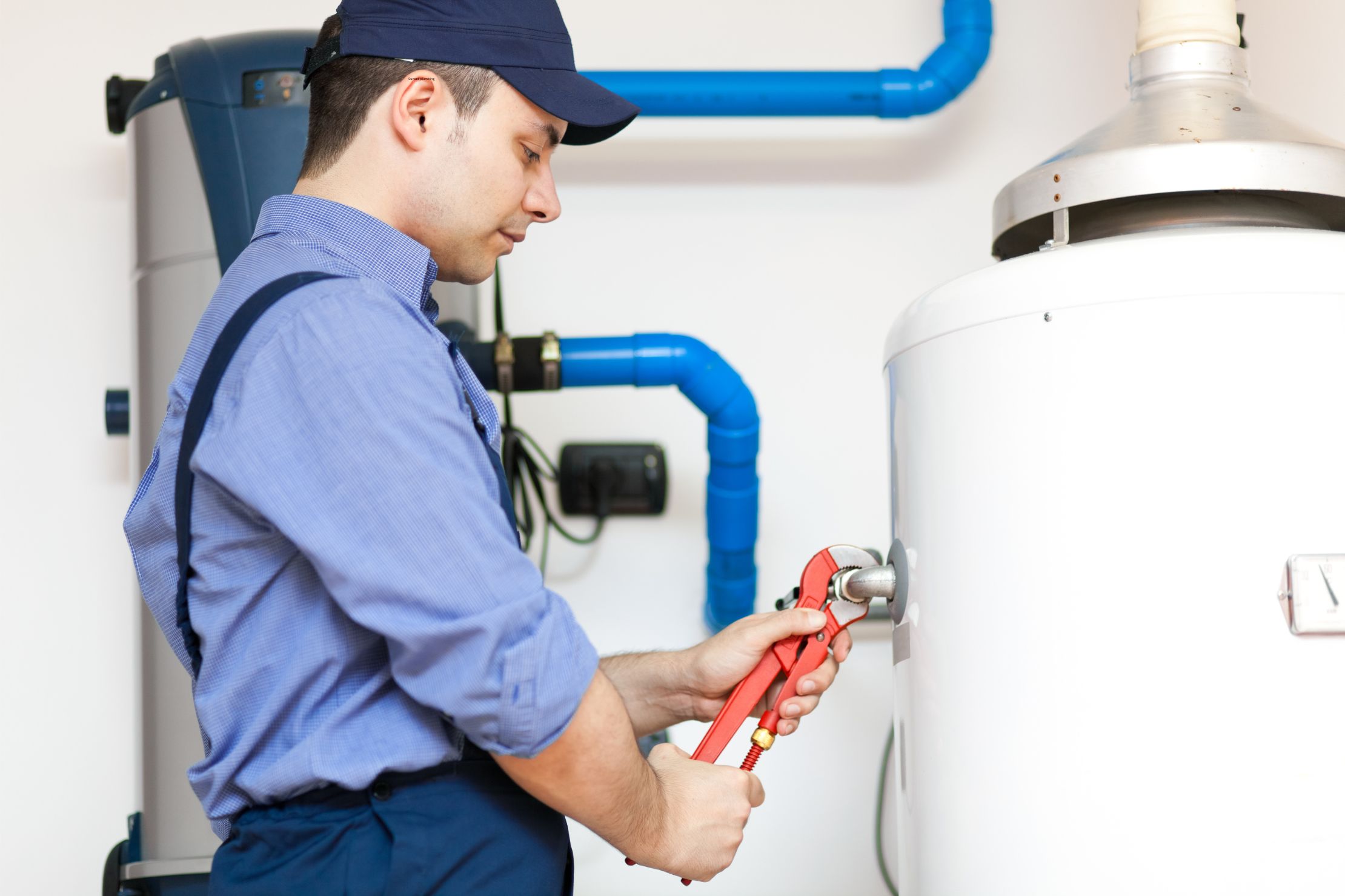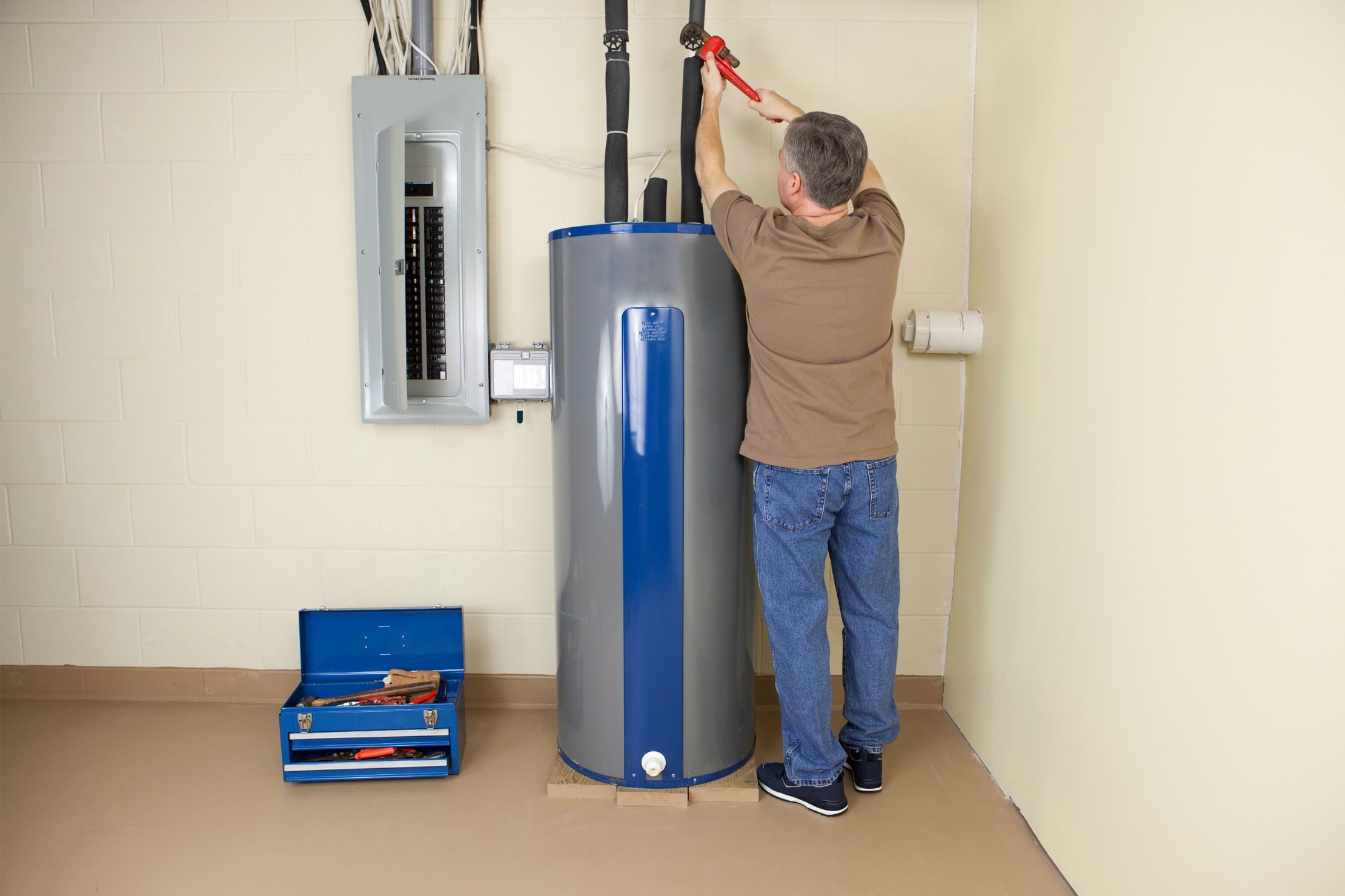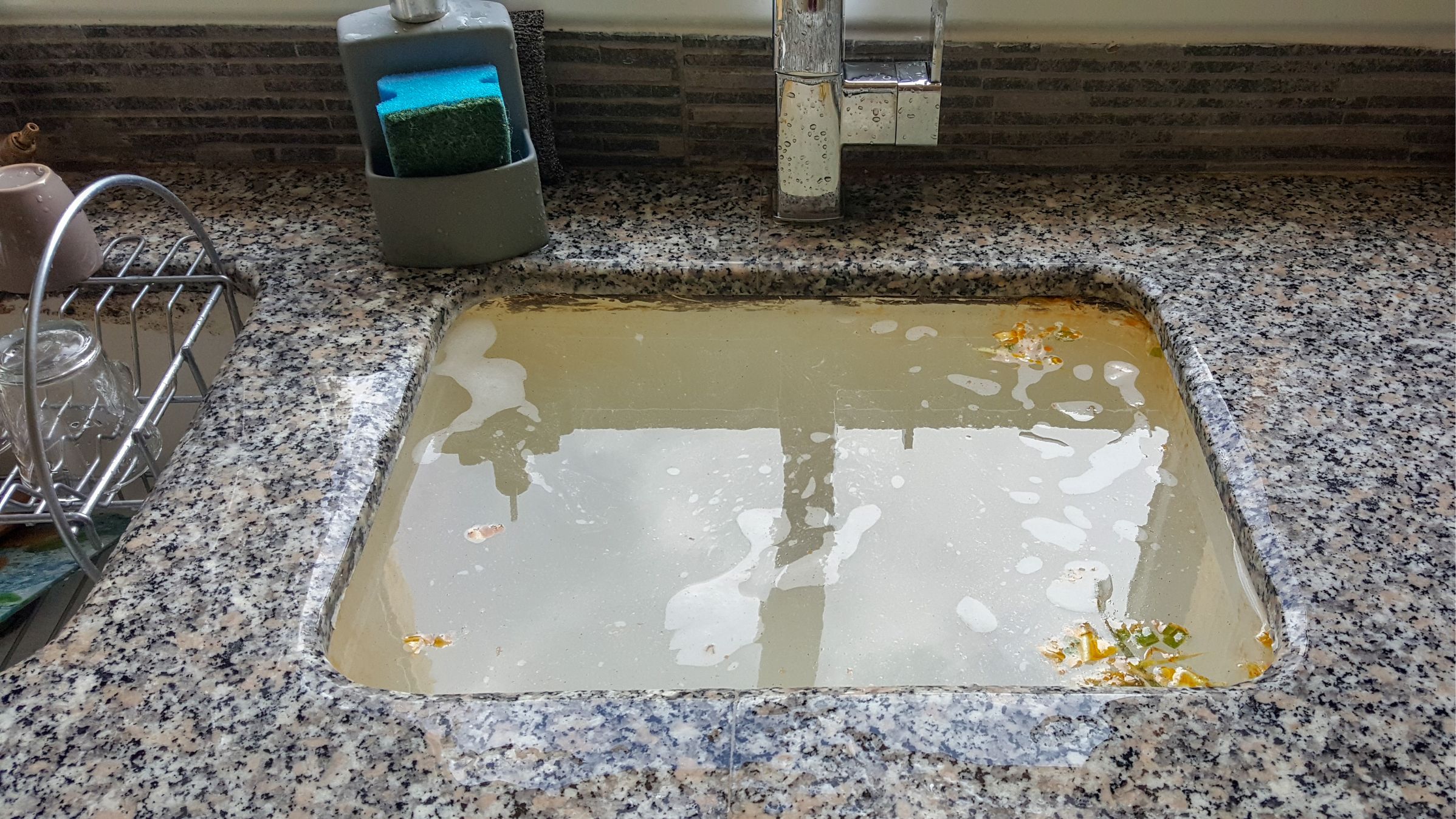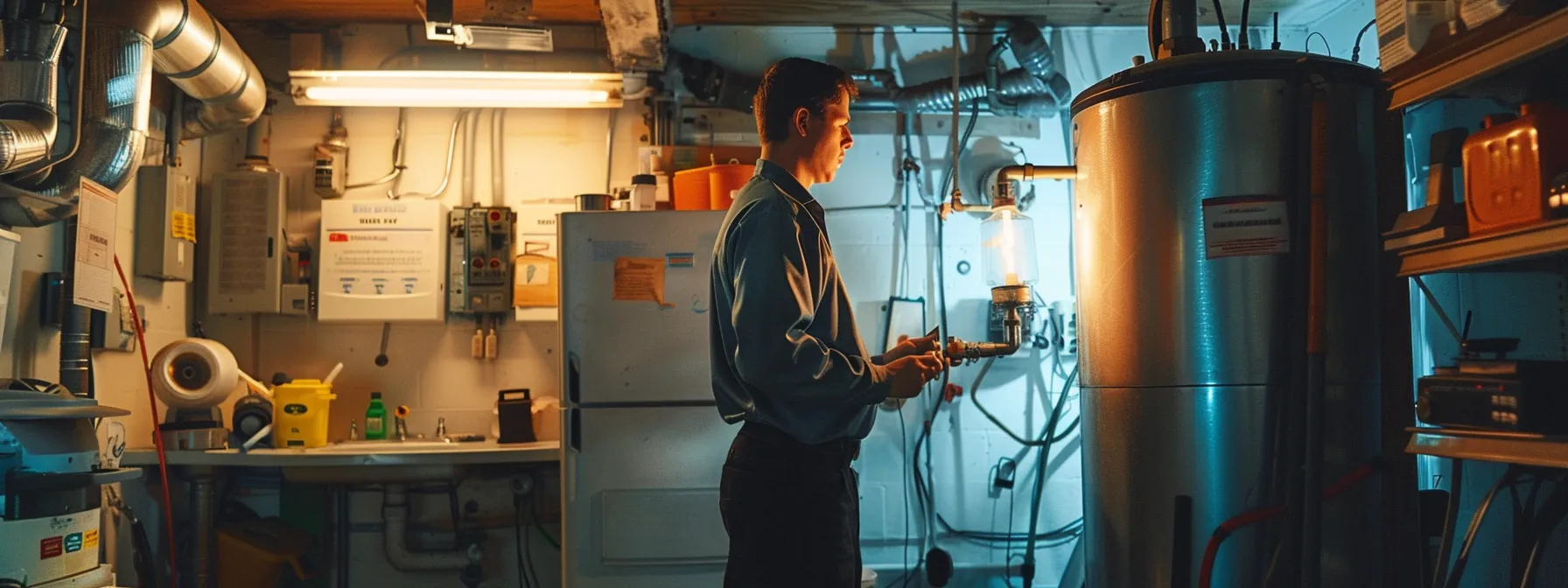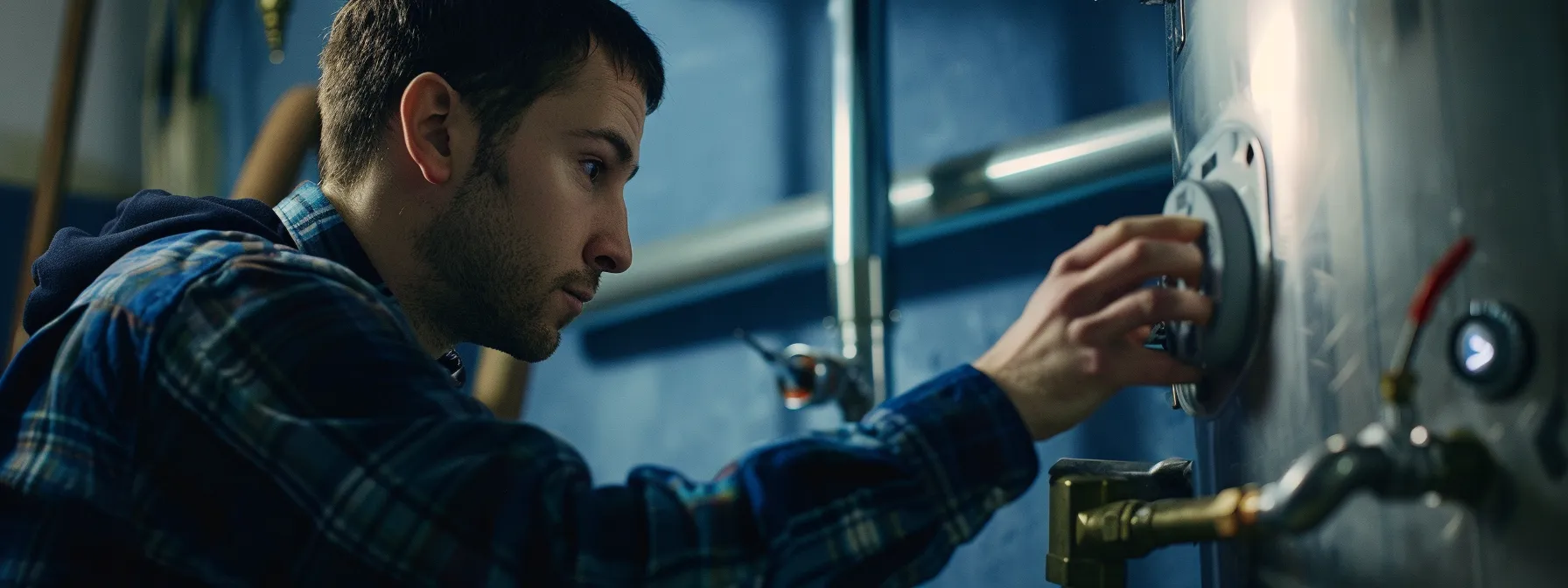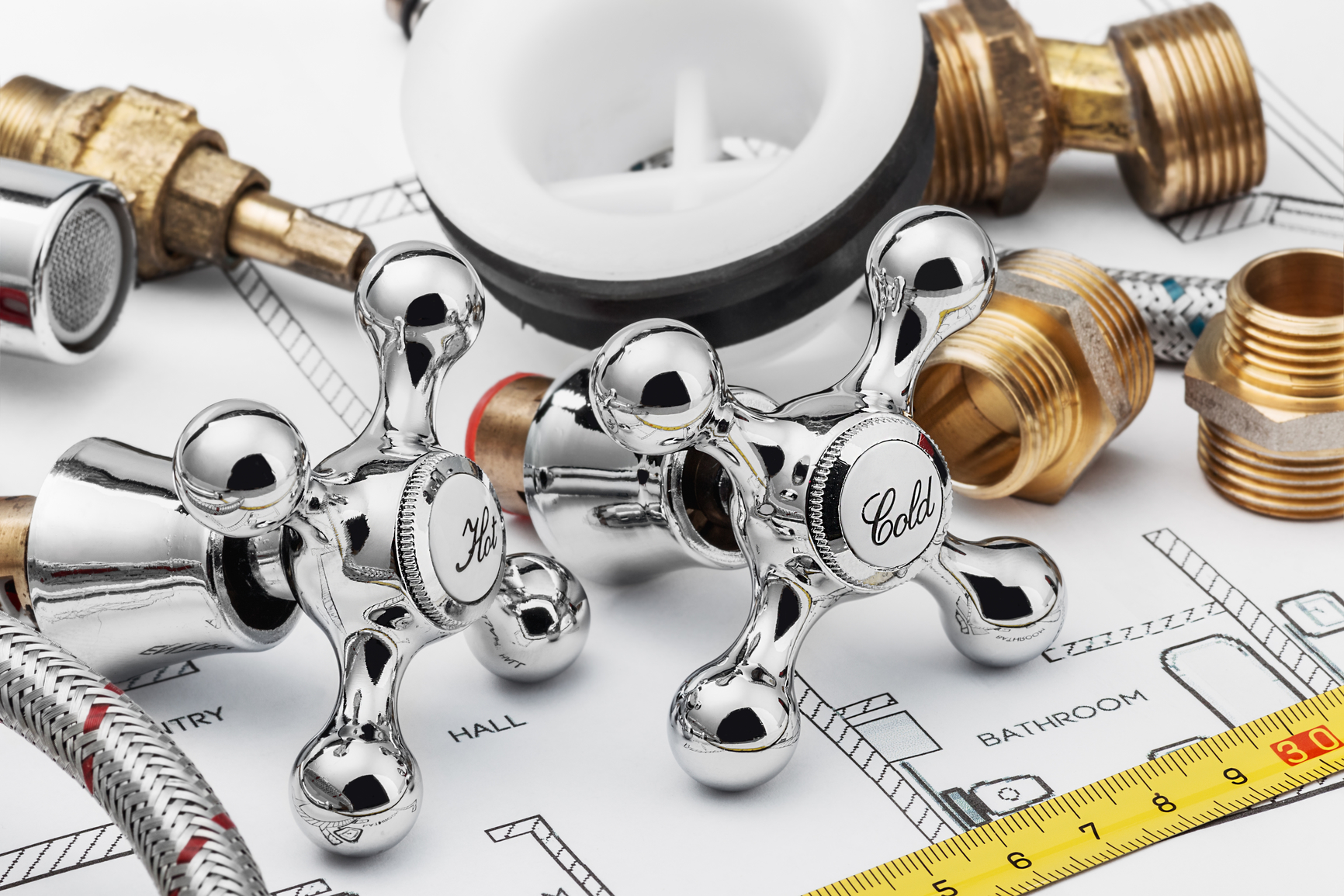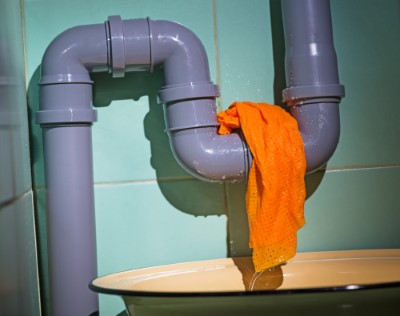Factors That Influence the Labor Cost to Replace a Gas Water Heater
Several factors affect the labor cost of replacing a gas water heater, making it crucial to assess your situation accurately. Some of the main factors include:
1. Type of Water Heater
The type of gas water heater you choose will impact installation complexity. For example, replacing a standard tank-style water heater is generally straightforward. However, switching to a tankless system may require more labor due to additional plumbing and gas line adjustments.
2. Complexity of Installation
Not all water heater replacements are equal. If your old system is difficult to access, or if it’s connected to outdated plumbing or gas lines, the installation process may take longer and require more specialized labor. Complexity adds to the labor cost.
3. Geographic Location
Labor costs vary widely depending on where you live. Urban areas tend to have higher labor costs compared to rural locations, due to a higher demand for professional services.
4. Additional Plumbing or Gas Line Adjustments
If your gas lines or plumbing need updates to accommodate the new water heater, this will increase the labor costs. Older homes often require more work because they may not meet current safety codes.
Average Labor Cost to Replace a Gas Water Heater
On average, the labor cost to replace a gas water heater ranges depending on the factors mentioned earlier. Let’s break it down further:
1. National Averages
- For a standard tank water heater tank replacement, expect to pay around $2,200 or more.
- If you’re installing a more complex tankless system, labor costs can be significantly more.
2. Breakdown of Labor Costs
Labor typically includes removing the old unit, installing the new one, connecting it to the gas line and plumbing, and ensuring that everything meets safety standards. Here’s a rough breakdown:
- Disconnection and Removal: $250 and up
- Installation of New Heater: depends on factors mentioned above
- Testing and Final Adjustments: $250 and up
Be sure to also read our great article on water heater replacement costs to get a more in-depth idea on potential overall costs involved.
Cost Breakdown: Labor vs. Equipment
What Does Labor Cover?
Labor costs aren’t just for the time spent on the job. It also includes the contractor’s expertise, the potential need for additional materials, and ensuring that your water heater meets local codes.
Typical Cost of Equipment
In addition to labor, the cost of the actual gas water heater ranges from $1,000 on up, depending on the model and capacity. Make sure to budget for both labor and equipment to get an accurate total cost.
DIY vs. Hiring a Professional
Many homeowners wonder whether they can replace their gas water heater themselves. While it’s technically possible, there are several risks involved, including gas leaks, improper venting, and voiding warranties.
Risks of Self-Installation
- Safety Hazards: Gas water heaters require precise connections to gas lines, and a mistake could lead to leaks or even explosions.
- Code Violations: Most cities require permits and inspections for water heater installations. Improper installation could result in code violations and fines.
Hiring a professional ensures your heater is installed safely and complies with all local regulations.
Licensing and Permits
Why Professionals Must Be Licensed
Licensed contractors have the knowledge and skills to install water heaters safely. They are also familiar with local building codes, which must be followed to pass inspections.
Permit Costs and Requirements
Permits, depending on your location and local regulations and laws. The cost of the permit will usually be included in the contractor’s estimate.
How Long Does It Take to Replace a Gas Water Heater?
In most cases, replacing a gas water heater takes about 2 to 4 hours. However, several factors can extend the timeline, including:
- Upgrading plumbing or gas lines
- Installation of a tankless system, which is more time-consuming
- Difficult access to the water heater location
How to Find the Right Contractor for the Job
Key Qualifications to Look For
When hiring a contractor, look for the following:
- Proper licensing and insurance
- Positive reviews and references
- Experience with gas water heater installations
Reading Reviews and Getting Quotes
Getting multiple quotes is a good way to ensure you’re paying a fair price. Don’t just go with the lowest bid—make sure you’re getting quality service.
Extra Costs to Consider
1. Disposal of the Old Water Heater
Some contractors charge an additional fee to remove and dispose of your old water heater.
2. Upgrading Plumbing or Gas Lines
Older homes often require updates to their plumbing or gas lines, which can increase the overall labor cost.
3. Code Upgrades
If your installation doesn’t meet current building codes, you’ll need to make updates, which may add to your costs.
Signs That You Need to Replace Your Gas Water Heater
Here are a few indicators that it’s time to replace your gas water heater:
- Water isn’t heating as quickly as it used to
- The unit is over 10-15 years old
- Rusty or discolored water
- Strange noises coming from the tank
Gas Water Heater Installation Process: Step-by-Step
Here’s an overview of what happens during the installation of a gas water heater:
- Disconnecting the old unit
- Removing the old tank
- Installing the new unit
- Connecting gas and water lines
- Testing the system for leaks
- Checking for compliance with local codes
How to Save Money on Gas Water Heater Replacement
Tips to Reduce Labor Costs
- Shop Around for Quotes: Getting at least three quotes can help you find the best deal.
- Off-Season Replacements: Installing your water heater in the off-season can sometimes result in lower labor costs.
Warranties and Insurance
Labor Warranties
Most contractors offer a warranty on their labor, typically ranging from 1 to 3 years. This warranty covers any issues that arise due to improper installation.
Homeowners Insurance Coverage
Homeowners insurance may cover water heater replacement in cases of sudden damage, but usually not for normal wear and tear.
Comparing Gas Water Heaters with Electric: Which Is More Cost-Effective?
While gas water heaters are generally cheaper to operate due to lower fuel costs, electric heaters are often easier and cheaper to install. Consider your long-term energy needs when choosing between the two.
Conclusion
Replacing a gas water heater involves both equipment and labor costs, but by understanding what goes into the installation process, you can make more informed decisions and potentially save money. While labor costs can range a lot, being proactive about finding the right contractor, keeping an eye on additional expenses, and following local codes can help ensure a smooth replacement process.
If you need help replacing your water heater, reach out to us at Call: 541-382-0109 or contact us here and get a no obligations free quote.
FAQs
- How long does a gas water heater last? On average, a gas water heater lasts about 10 to 15 years.
- Can I install a gas water heater myself? While possible, it’s not recommended due to safety risks and the need for permits.
- Do I need a permit to replace a gas water heater? Yes, most localities require a permit for gas water heater installations.
- What is the most energy-efficient type of water heater? Tankless gas water heaters are the most energy-efficient but come with higher installation costs.
- How can I reduce the cost of replacing my gas water heater? Get multiple quotes, consider off-season installation, and make sure your system meets current codes.


